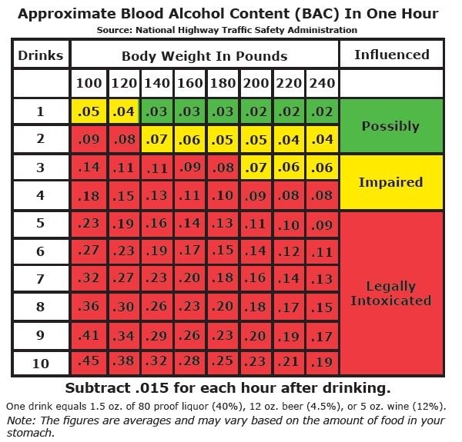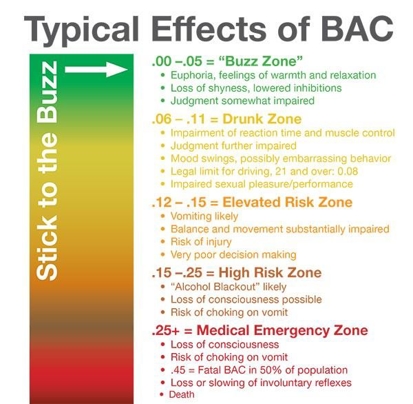Did you know… if you are arrested for Driving Under the Influence (DUI), you have a right to request an independent blood test.
Florida Statute 316.1932 gives an arrestee who consents to a breath test and/or urine test, the right to an independent blood test for the purpose of determining the amount of alcohol or controlled substances in the person’s blood/breath/urine.
What You Need to Know About This Right:
- You must have taken the breath or urine test requested by the officer.
- The officer does not have to inform you of this right.
- You have to pay for the test.
- You have to tell the officer you want an independent blood test.
- The officer cannot interfere with your opportunity to take the test.
- The officer must provide you with timely telephone access to secure the test.
- The test must be administered by a qualified person, such as a physician, nurse or other person authorized to draw blood.
- The officer has a duty to transport you to a blood testing facility upon your request.
- If your right to an independent blood test is denied by law enforcement, the breath or urine test may be suppressed by the Court.
Should You Exercise This Right?
It depends…
- Do you want to know the answer?
- Does the breath test result seem much too high for the amount of alcohol consumed?
- Are you being accused of driving under the influence of a controlled substance?
There is much controversy about the accuracy of the breath test machines. Many experts believe the machines are inaccurate and give over-inflated readings. For example, if you are arrested for a DUI after drinking one drink in an hour, but the breath result is .200; those facts do not add up. You may be wise to request an independent test.
On the other hand, if you drank 4 or 5 drinks within an hour before the arrest, the independent test may not assist in your defense.


From Cornell University; Cornell Health
If you are accused of driving under the influence of a controlled substance and provide a urine sample to the officer, you should be aware that the urine sample will not accurately quantify how much substance you consumed and when it was consumed. Urine tests indicate substances as they are being flushed from the body. A blood test gives more detailed information and more accurately documents which substances (if any) are in the bloodstream at the time of the test. Depending on your circumstances, it may benefit you to have a blood test to show the lack of substance in your blood.
The Language of the Statute 316.1932(1)(f)(3) Reads:
The person tested may, at his or her own expense, have a physician, registered nurse, other personnel authorized by a hospital to draw blood, or duly licensed clinical laboratory director, supervisor, technologist, or technician, or other person of his or her own choosing administer an independent test in addition to the test administered at the direction of the law enforcement officer for the purpose of determining the amount of alcohol in the person’s blood or breath or the presence of chemical substances or controlled substances at the time alleged, as shown by chemical analysis of his or her blood or urine, or by chemical or physical test of his or her breath. The failure or inability to obtain an independent test by a person does not preclude the admissibility in evidence of the test taken at the direction of the law enforcement officer. The law enforcement officer shall not interfere with the person’s opportunity to obtain the independent test and shall provide the person with timely telephone access to secure the test, but the burden is on the person to arrange and secure the test at the person’s own expense.
IF YOU ARE ARRESTED FOR DUI, YOU MAY OR MAY NOT WANT TO EXERCISE YOUR RIGHT TO AN INDEPENDENT BLOOD TEST, BUT YOU CAN’T MAKE THAT DECISION IF YOU DON’T KNOW YOUR RIGHTS!
Sources: Florida Statutes; National Traffic Highway Safety Administration, Cornell University.


